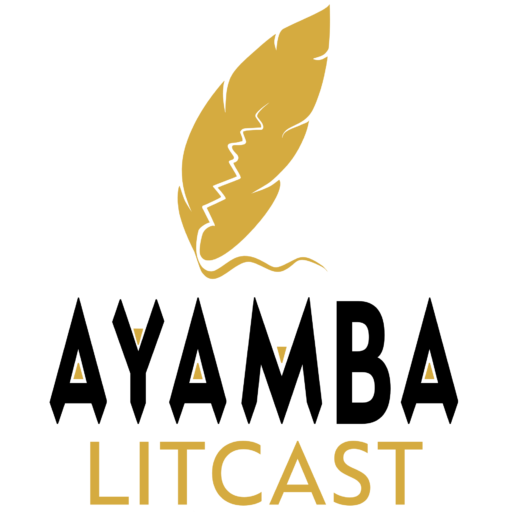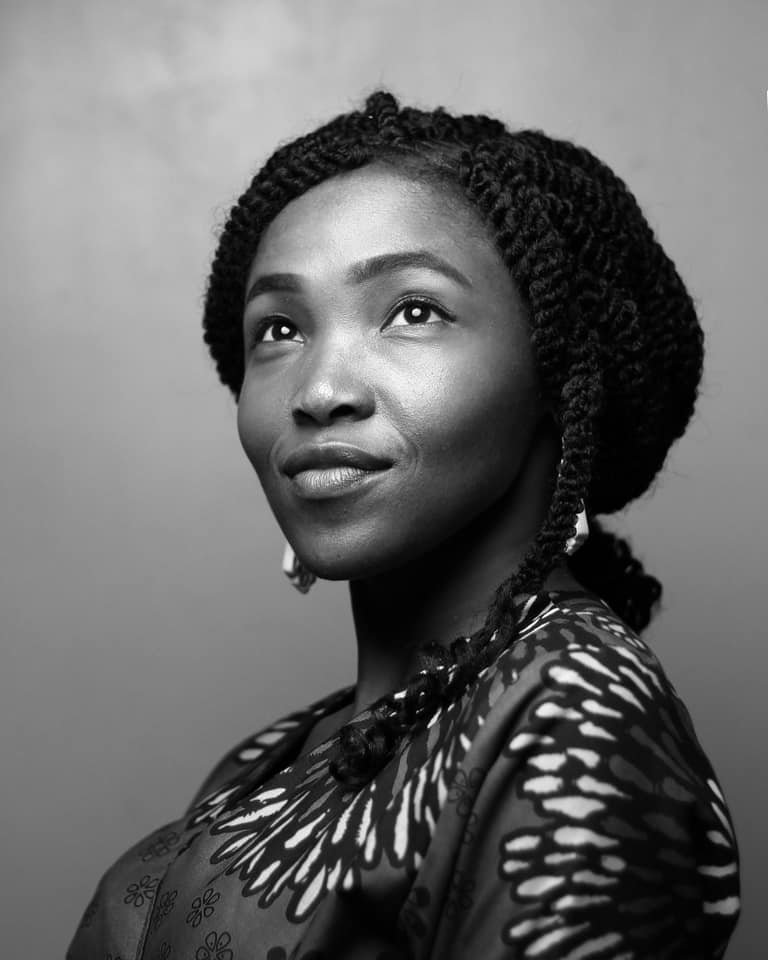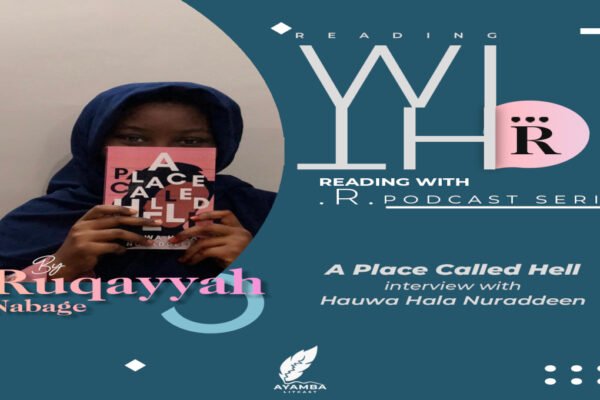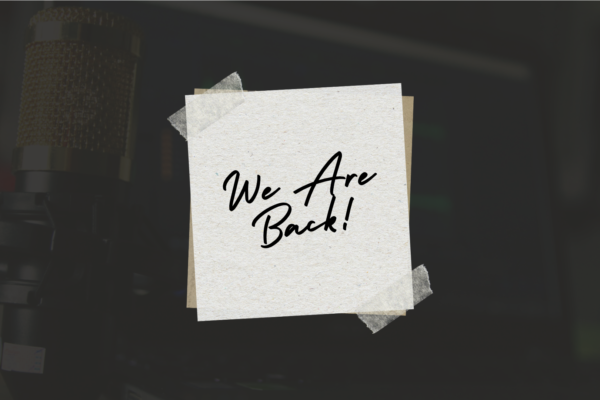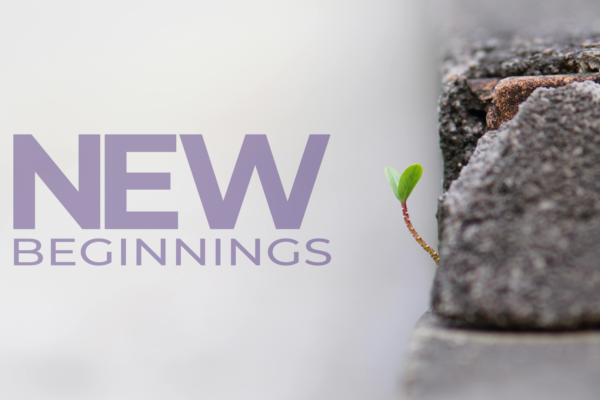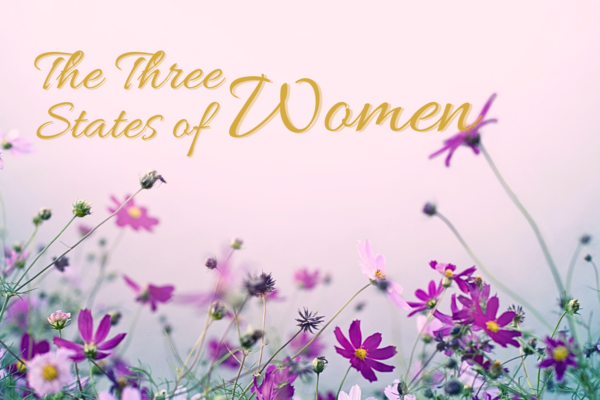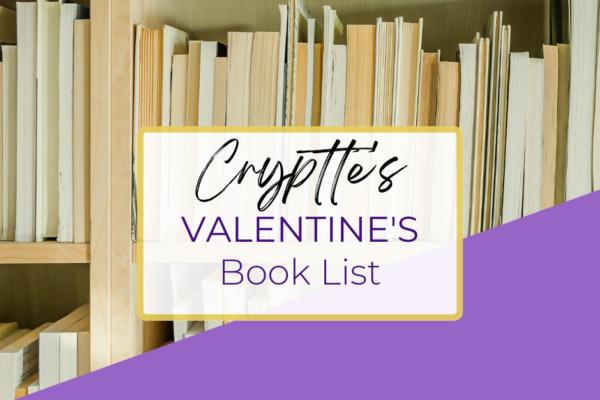This interview was conducted in June, 2020
“Do not be impatient for rapid validation... Do not quit”
– Frances Ogamba
Ayamba: Hello, Frances. Thank you for agreeing to have this conversation.
Frances Ogamba: Thank you too for having me.
Ayamba: In 2019, you were shortlisted for the Writivism Short Story Prize and the Koffi Addo Prize for Creative Nonfiction which you eventually won. What was the experience like?
Frances: I remember rippling with sheer shock when the shortlists were announced. I like to think of that moment as the most special, the zenith of my thrill about that kind of validation. I walked on the clouds for a long time. The prize didn’t evoke such deep feelings as the shortlists did.
Ayamba: It was special indeed. Your winning story, The Valley of Memories, is deeply personal and remarkable. Can you tell us more about it and the idea behind your ‘personalities’?
Frances: The essay doubles as a journey of self-discovery and a nostalgia for my family’s past, for a certain era’s past. Our traditions are speedily being erased by this new clamour for colonialism and Protestantism. I was unsure at first of what to say and how to say it, because our truths are often stuck at the crossroads of familial and societal reactions, and what we think others would think. Would I be saying too much? What is the use if I said too little? Those questions gnawed at me through the exercise which I regard often as a kind of catharsis. It began merely as a travelogue, an exposition of the valley where I spent a first life. I conjured it up with the eyes of my present and of the incarnator. Storytelling, I dare say, is a spiritual drill. I plunged further, however knowingly, until I reached the point we were at.
I am still plagued by déjà vu, like small oddments of memory from a past I did not witness. What we have now, the incarnator and I, is a shared participation in the present. He is still extant, though as a discreet other. He honours the boundaries.
Ayamba: Interesting. You gave a glimpse into your creative process there. How has it been influenced by the Covid-19 pandemic?
Frances: Well, the creative process is diverse and every story carries a unique journey. I hold some stories for a long time, rolling them over like a coin in my mind until my fingers remind me it is time. Other stories come to my mind and I write them instantly.
I do not know how to write about the times, or how to pitch a tale around an on-going tragedy. I am greatly affected by the rising death toll from the pandemic, especially because I give the numbers faces; a cousin, a brother, a mother, a child, a sister. These people must have a room they slept in. They had lovers. They drank tea with friends. They had children who are still expecting them home. A terrible thing is happening to the world’s population. Writing has suddenly become tasking. Sometimes I curl up in it as a soothing exercise. But I do not write about the pandemic. I would rather write about a friend who ran into an old friend at an airport, in a world without pandemics. I find that reassuring.
“I think story telling should be binding…”
– Frances Ogamba
Ayamba: Personally, I can relate to that. Are you working on anything at the moment?
Frances: I am writing a couple of stories. I might write about the pandemic in the near future, but not right now. I prefer to read the testaments of other people who are neck-deep in this tragedy. I read about dying medics, overwhelmed medics, tired medics, and sailors stuck at sea because no ports would take them in; a noisy world suddenly gone silent and children waiting endlessly for their dead parents. I read these stories because they enlighten me on the diversity of human experiences in a time like this.
Ayamba: You are among a crop of new, young voices on Nigeria’s literary scene. Lately, so much has been said about the differing ideologies of old writers and new writers. For the good of literature in Nigeria, what kind of literary industry would you like to see?
Frances: I think story telling should be binding, because it involves an in-depth process that spans all ages, experiences and persons. Writers are sensitive to common things, which should spawn certain siblinghood among them, the generations regardless. It is true that our personalities and ideologies are mostly formed by our respective backgrounds, and more affecting, the era we belong to. Yet I think that telling stories goes beyond these factors to patch the rip. I hope every writer will be able to see themselves in the other, be able to recognize the desperate twinkle in the eyes of the other to unburden their stories. I ask for kindness, support, and understanding of other people who also happen to be writers, and are trapped as we are, on this tumultuous voyage.
Ayamba: Profound. Are there other art-forms you are experimenting with? What can readers expect from you in, say, five years?
Frances: I do not know what else to do, besides my paid job, except write. I loved photography for a bit, but it appeared quite complicated, or maybe it was because I did not have a good teacher. I would always love the magic of putting on pause the whole life for a moment. Photography is like stopping the universe for a heartbeat, and then letting it go. I find that beautiful.
I lack the ability to predict life’s progress, therefore I do not know what to expect in the coming years. Considering the health challenges we are witnessing, and the possibility that death, as limiting as it is, comes as inhalable droplets of mucus, I hope we all survive this year and beyond.
Ayamba: It is an anxious time for us all. May we come out safe and sound on the other side. If you were not a writer, what career path would Frances Ogamba be on now?
Frances: I could have been a dancer, perhaps. Dancing is therapeutic. It offered me channels of healing during the troubled years of teenage hood. And a photographer too, as I mentioned earlier.
Ayamba: What is your advice to a young writer who has just started out?
Frances: I learned that belonging to social media cliques or launching desperate searches for a mentor who is a known writer is a waste of valuable time. A writer’s job is to read and then write. It is difficult and frustrating, but it is the only way. Do not aim for prizes so early in your career. Sad thing is, you may never get them. If you ever find the words with which to say what you desire to say, congratulations. Such little victories make easier the lonely journey of writing. If you are able to secure publications and find a readership for your stories, treasure them. Do not be impatient or itch for rapid validation.
Do not quit.
Ayamba: Those are words every young writer out there will find useful. It has been an interesting time with you, Frances. Thank you.
Frances: Thank you too for making out time for this, and for listening.
Frances Ogamba is the 2019 winner of the Koffi Addo Prize for Creative Nonfiction and a finalist for the 2019 Writivism Short Story Prize. She was also a joint winner, first place, for the 2019 Syncity NG Anniversary Anthology. Her fiction appears on Enkare Review, Munyori Literary Journal, Arts and Africa, Jalada Africa, New Weather for MEDIA, and Rewrite Reads. She is an alumna of the Purple Hibiscus Creative Writing Workshop taught by Chimamanda Ngozi Adichie.
